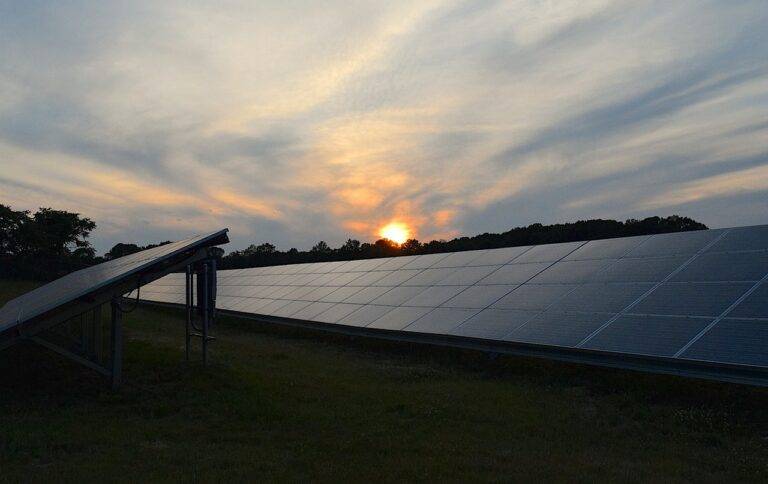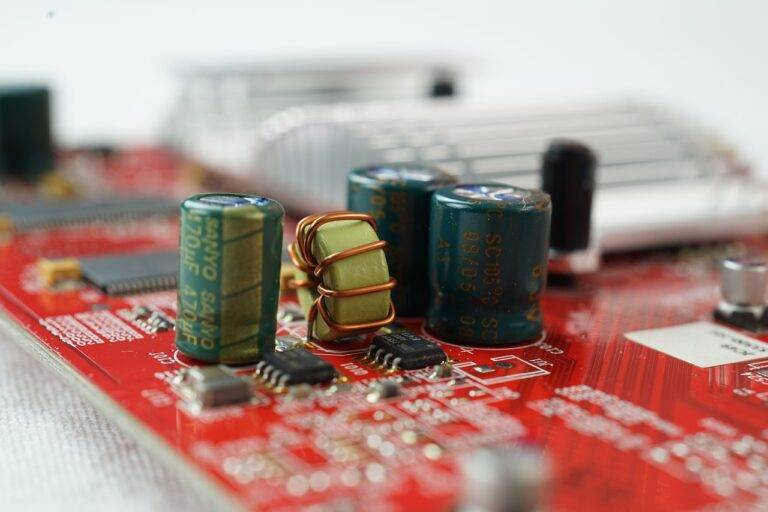The Future of Tech in Home Appliances
The surge in innovation within the realm of home appliances is rapidly revolutionizing the way we interact with our everyday devices. From refrigerators equipped with cameras that allow users to check their contents remotely to washing machines that can be controlled through smartphone apps, the integration of smart technology is enhancing both convenience and efficiency in household tasks.
Moreover, voice-controlled assistants like Amazon’s Alexa and Google Assistant have found their way into appliances such as ovens and dishwashers, enabling users to operate them effortlessly through simple voice commands. This hands-free approach streamlines cooking and cleaning processes, making them more intuitive and user-friendly.
Smart Home Integration
Smart Home Integration is revolutionizing the way we interact with our home appliances. Through the use of internet connectivity and artificial intelligence, our devices can now communicate with each other and be controlled remotely. This seamless integration allows for greater convenience and efficiency in our daily lives.
Imagine being able to preheat your oven on your way home from work or adjust the temperature of your refrigerator from your smartphone. With Smart Home Integration, these tasks are now a reality. By incorporating cutting-edge technology into our household appliances, we are creating a more interconnected and intelligent living space.
What are some examples of emerging technologies in home appliances?
Some examples of emerging technologies in home appliances include smart refrigerators, voice-controlled assistants, smart thermostats, and smart lighting systems.
How does smart home integration work?
Smart home integration involves connecting various smart devices and appliances in a home to a central control system, such as a smart hub or voice assistant, to enable seamless communication and automation.
What are the benefits of smart home integration?
The benefits of smart home integration include increased convenience, energy efficiency, security, and customization options for homeowners.
Are there any privacy concerns associated with smart home integration?
Yes, there are privacy concerns associated with smart home integration, as some smart devices may collect and store personal data. It is important for homeowners to carefully read privacy policies and take steps to secure their smart devices.
How can I get started with smart home integration?
To get started with smart home integration, homeowners can begin by researching and selecting compatible smart devices, setting up a central control system, and programming automation routines to suit their needs and preferences.





